Hey there, it's Biyi.
It’s national holiday in China and I am currently in Japan with parents for a much needed break (Yan is in Beijing, though I’m sure she’s enjoying the city’s precious emptiness at the moment). The apartment I am are staying in has no Wifi, so it’s difficult to write our usual, research-based weekly articles; also, come on, it’s holiday! so instead of investigating a new topic, I want to lay back, reflect upon Elephant Room’s journey, and share some personal thoughts with you.
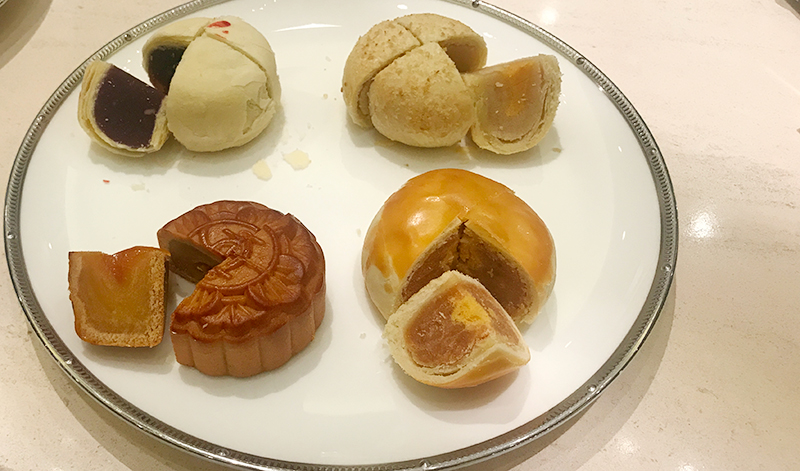
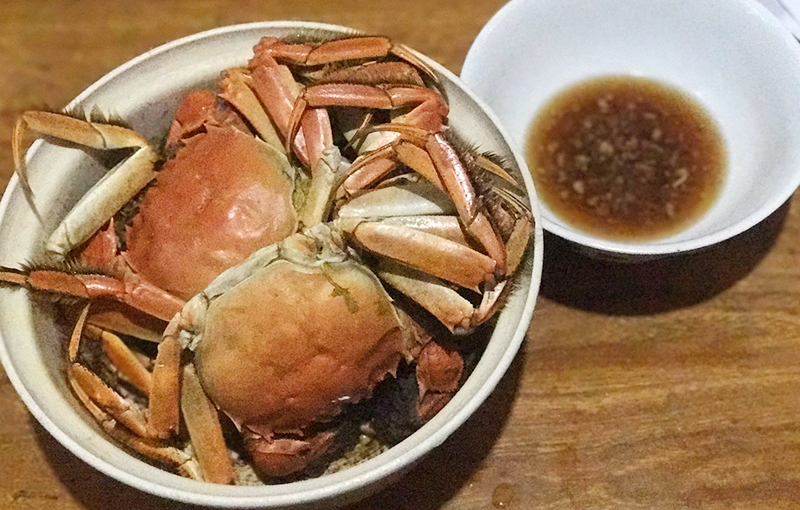
We've been indulging in Moon Cakes and Crabs to kickstart October!
Half a year of Elephant Room: what we've written so far
Jack Ma's Hupan University / The Forbidden City / Chinese and Trump / Mic-Shouting 喊麦 / Man Chopper 斩男 / Little Pinkies 小粉红 / Internet Weeds Clan 种草族 / Flying Pig and the Wind Gap 风口 / Chicken Soup 心灵鸡汤 / 10,000+ 十万+ / A Month on The Chinese Internet / Werewolves 狼人杀 / Wolf Spirit 狼性 / sàng 丧 / Gà 尬 / duǐ 怼 / Hot Water 喝热水 / Marriage Market 相亲角 / TFboys and fandom economy 粉丝经济 / 星座 / IP shows 网络 IP 剧/
Written by our friends:
Cher on Contemporary Arts in China: Hutong Grandpa / Luck and Art / How the Chinese Buy Arts
Bo on Chinese Hip-Hop
As many of you know, me and Yan started Elephant Room with one mission in mind: to help people understand China.Today’s China. A complex China. An important China - and above all, a personal China of which the two of us call home. So we built a website through WordPress, registered MailChimp for a mailing list, and embarked on a journey of relentless research and writing for the past 6 months.
As much as we try to be formal and organized, in reality, me and Yan are two free-spirited souls who’d often go far down the path of spontaneousness. With a long, ever-expanding list about things we want to investigate, every week, we sit together to pick a topic, brainstorm possible angles, research independently and constantly discuss with each other along the way. None of us had any journalistic background or proper English writing training, but we learned as we went, wrote as we revised, and gradually grew Elephant Room into something we envisioned it to be: an independent media project that tells real stories about today’s China.

Our work trip down Suzhou this July.
Instead of writing with a particular goal in mind, ElephantRoom has in many respects been a journal of our personal explorations. We are not authoritative professionals but two curious individuals who are still learning and growing, and our articles, if nothing, honestly recorded our learning experience. Writing Elephant Room helped us to look at our motherland through a multidimensional lens, to poke through its harsh realities and discover exciting opportunities, to be ever more critical and open-minded when examining its dynamic changes in relation to today’s world.
But here's the problem - recently we noticed that, the more we wrote, the more we’ve been repetitively landing on two rather pessimistic conclusions:
- The Chinese Internet is as innovative as it is meager.
- Technology and consumerism are empowering Chinese, yet they are also dragging us down.
For one thing, we know such pessimism came from our own laziness: with other projects and responsibilities going on in life, we simple didn’t have the time to tackle those more distanced and challenging topics on our list yet. So we wrote about things that were closer, reachable to our own lives, from consumer trends, urban phenomenons, internet slangs, lifestyles to entertainment - all the things that look cool from the outside, yet are in many ways bland, or even arid at core. Writing about them confronted us with one sad reality: as much as we want to talk about the positive and polished side of China, in a country of which money has been so rampant, politics so self-conflictual and history so interrupted, true innovations and critical thinkings are buried even deeper than we expected them to be, at least from where we stand.
But we are also seeing hopes and getting new inspirations. For the past several weeks, me and Yan had been reading a lot on China’s New Culture Movement for a project, and become deeply fascinated by the Chinese intellectuals’ works at the time: by critically reflecting the country’s situation in regard with western civilizations, scholars and activists made their voices heard through media, engaged with an audience who were passionate about driving social changes through culture. The ideologies they championed might be too aggressive and policies not localized enough, yet the questions they raised still hold true to today’s Chinese society, and have been shaping the discourse of ordinary Chinese lives in ways that are quiet but powerful.
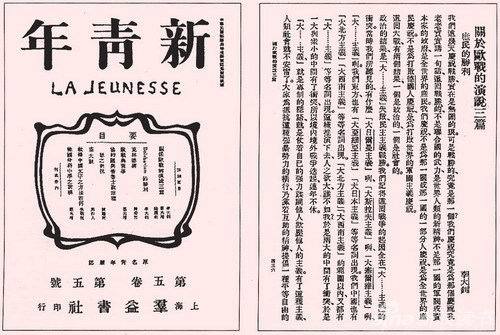
Our inspiration lately: La Jeunesse 'New Youth', an influential Chinese magazine in the 1910s and 1920s that played an important role in initiating the New Culture Movement.
Like I mentioned, Elephant Room has, in many ways, been an intimate journey of me and Yan, two young, female, Chinese adults who are curious and open, yet still have so much to learn and grow about. The more we wrote, the more we realized our own limitation, and the more we decided to use it as a momentum rather than restriction for the future. ElephantRoom would stay truly to its own nature by continuing to talk about interesting things going on in China; but from now on, we’d also make it more personal, more honest and even more brutal to reflect our own experiences from all aspects.
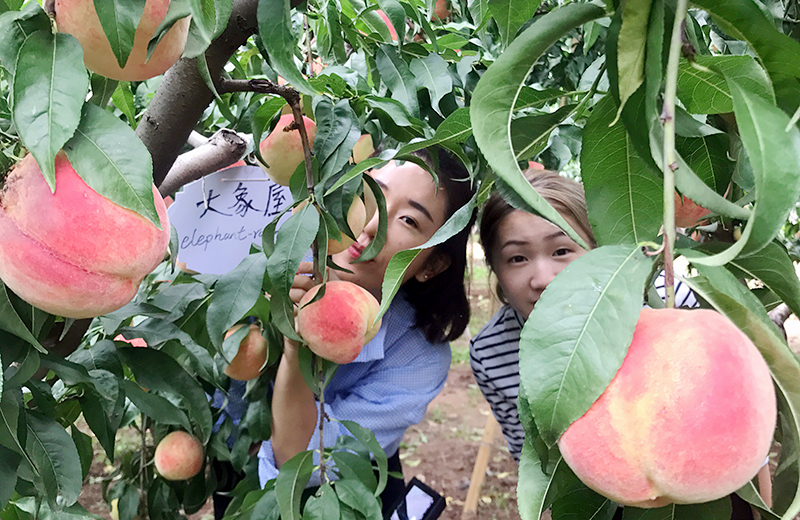
We adopted a peach tree in support of a charity project for migrate workers in Beijing and picked some juicy peaches:)
Ok, enough rambling. Staying tuned for upcoming articles and other interesting things (how about a live-streamed Spring Festival gala performed by us and our guests?) from ElephantRoom, Happy belated Moon Cake Festival and, see you very soon.
-
With love,
Biyi and Yan
-
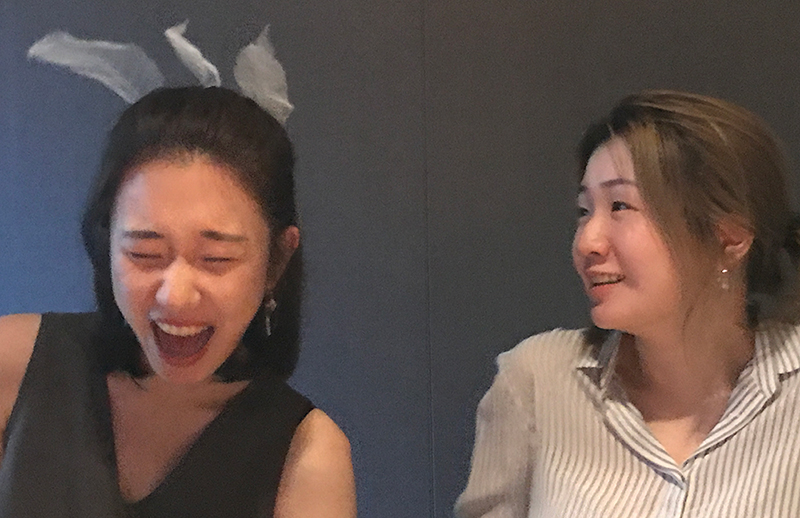
p.s:
about two months ago, me and Yan decided to write a series on Taobao, the most commonly used and most innovative e-commerce platform operated by Jack Ma’s Alibaba. Having both been loyal Taobao users for years and witnessed its aggressive updates (now it doesn't’ just guess what you want - it loads you with things you didn’t know you want…), we were originally super excited to share some insights into this whirlwind, fascinating marketplace.
After some time of brainstorming, interviewing and even traveling to Hangzhou for a major Taobao event however, we dropped the topic as realizing there was no way to suit the article in a proper context: if we went down the utility path to discuss “how to use Taobao 101”, the article would hold no value for those who couldn’t shop on it, which are basically everyone outside of China; if we went for more in-depth analysis on the business side of things from consumers’ perspectives, still, for those that don’t or couldn’t use it, what’s the point of knowing?
Maybe we are just thinking too much. So please, tell us -
Are we thinking too much? Would you like an Elephant Story on Taobao? (or just a list of our favorite stores that we’ve spent years digging? Just kidding, we are not giving that out for free :P)
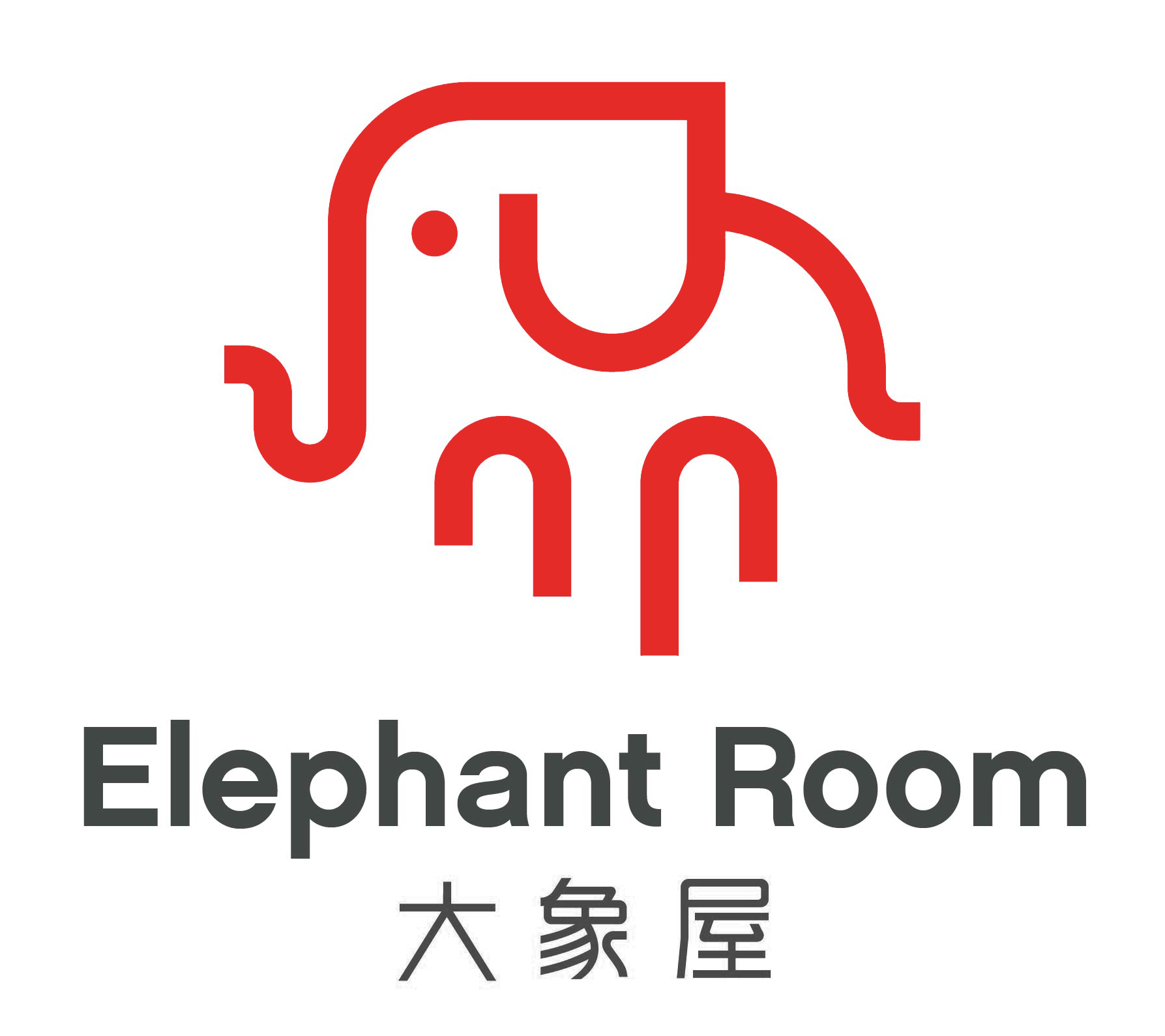
I think there are plenty of interesting facets you could dig into for Taobao. I mean right off the bat an international sort of “China and its place in the world” topic could be: How has Taobao facilitated the flow of western culture or styles into China and from there, how have these styles blended with Chinese culture? Me personally, I’m in the middle of decorating a new apartment in Kunming (so no IKEA, very few other western vendors in general) and I’m constantly surprised by how in vogue and available “Nordic” styles are (along with European neoclassicism and a… Read more »
OMG, thanks so much for such a long and thoughtful reply, me and Yan were thrilled! what you said about taobao truly inspired us to look at the topic from another angle – we’d definitely brainstorm it more along your suggestion, and hopefully come up with some interesting & useful content about it very soon. Again, thanks so much for your feedback, we really appreciate it so much!!:)
thank you for sharing your experiences. i love to read them. your english is way better than most americans. you write with clarity and soul. thanks again.